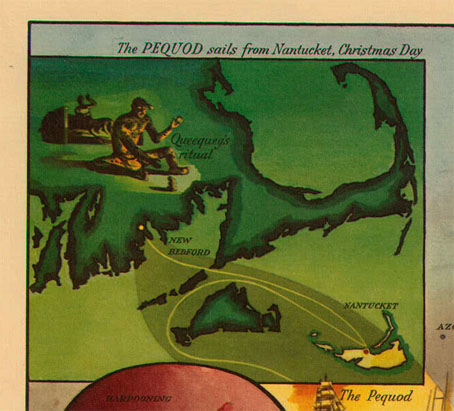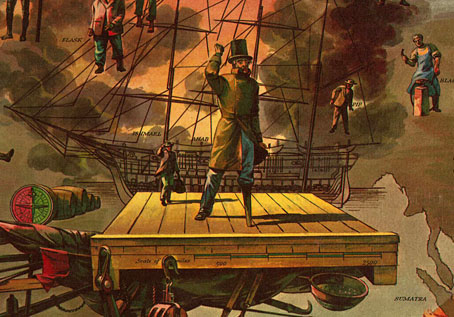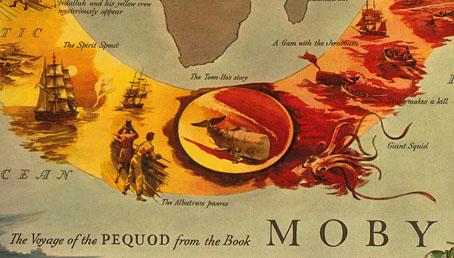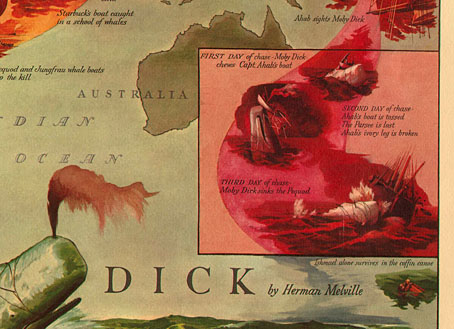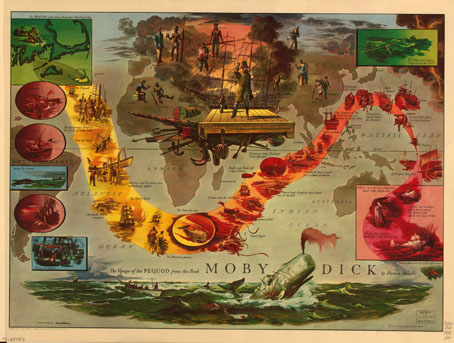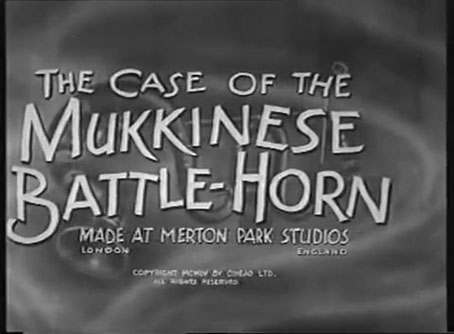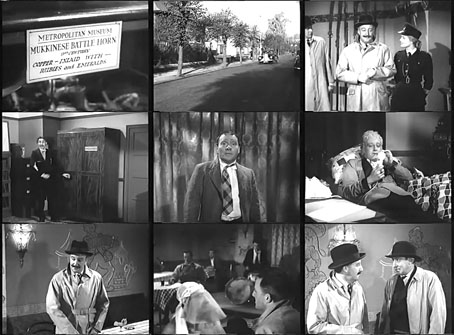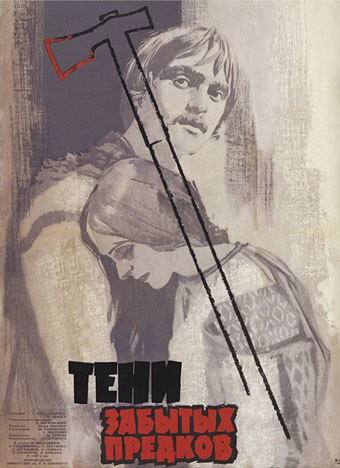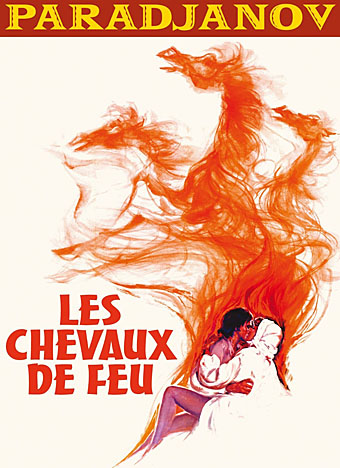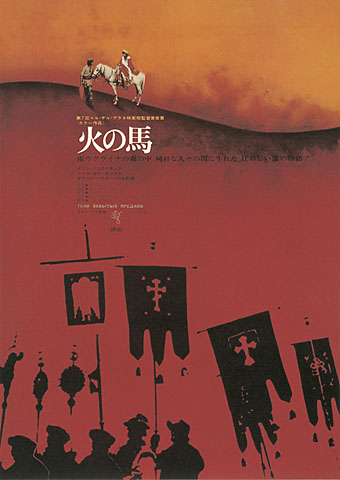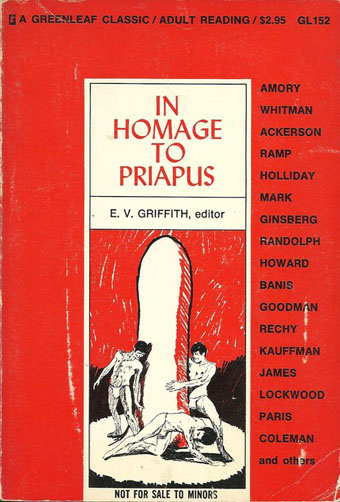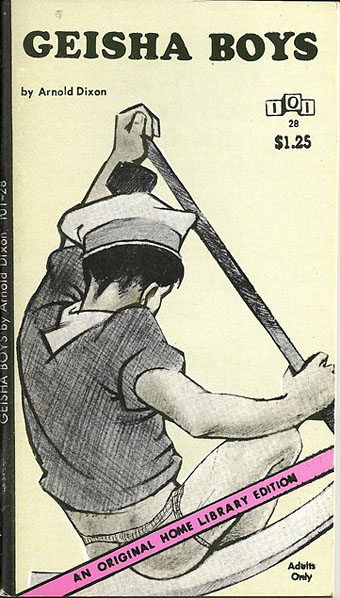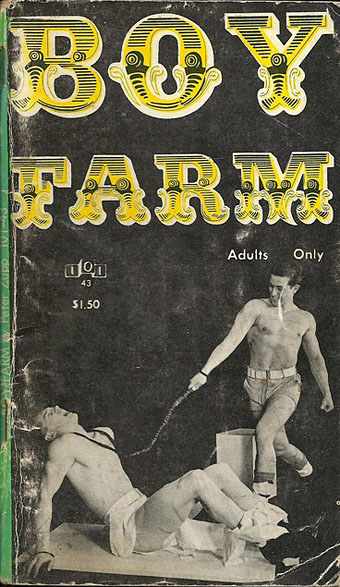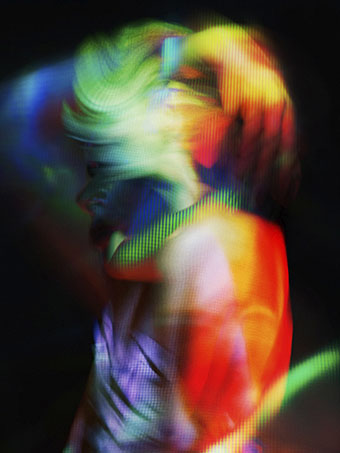
A self-portrait by Nadia Wicker from her Projectie series.
• “And boy, did that Rain Parade sleeve look cool with its picture of the insouciant band sitting in front of large hot-house (or glass palace), the sky behind them tinted a sickly shade of apocalypse pink…” Joe Banks on the Rain Parade’s finest moment, Explosions In The Glass Palace.
• “…there are pleasures to be had from books beyond being lightly entertained. There is the pleasure of being challenged; the pleasure of feeling one’s range and capacities expanding…” Rebecca Mead on the pleasure of reading to impress yourself.
• “If Gengoroh Tagame performed the acts he drew in his comics he’d probably be dead or in jail,” says Zac Bayly, interviewing Tagame for BUTT.
Crime does not fascinate James Joyce as it fascinates the rest of us—the suggestion of crime dismays him. He tells me that one of his handicaps in writing Work in Progress is that he has no interest in crime of any kind, and he feels that this book which deals with the night-life of humanity should have reference to that which is associated with the night-life of cities—crime. But he cannot get criminal action into the work. With his dislike of violence goes another dislike—the dislike of any sentimental relation. Violence in the physical life, sentimentality in the emotional life, are to him equally distressing. The sentimental part of Swift’s life repels him as much as the violence of some of his writing.
Padraic Colum attended Joyce’s 47th birthday party.
• I’m currently reading The Wanderer, “a weird document” by Timothy J. Jarvis, which is officially published this week.
• The Changes, another remarkable children’s TV series from the 1970s, is out on DVD next week.
• Sir Richard Bishop has made all 14 of his solo albums available as free downloads.
• “How long do CDs last? It depends, but definitely not forever,” says Laura Sydell.
• “Readers absorb less on e-readers than on paper, study finds”
• Book designer Craig Mod wants to talk about margins.
• Mix of the week: a mix for The Quietus by Helm.
• Ozu’s passageways
• The Rain Parade: No Easy Way Down (BBC TV, 1984) | No Easy Way Down (studio, 1984) | No Easy Way Down (Tokyo, 1984)
